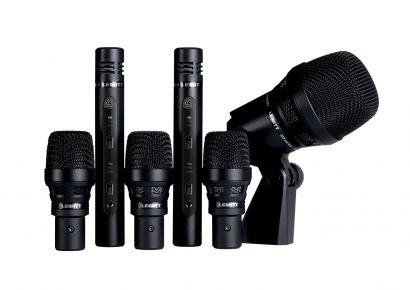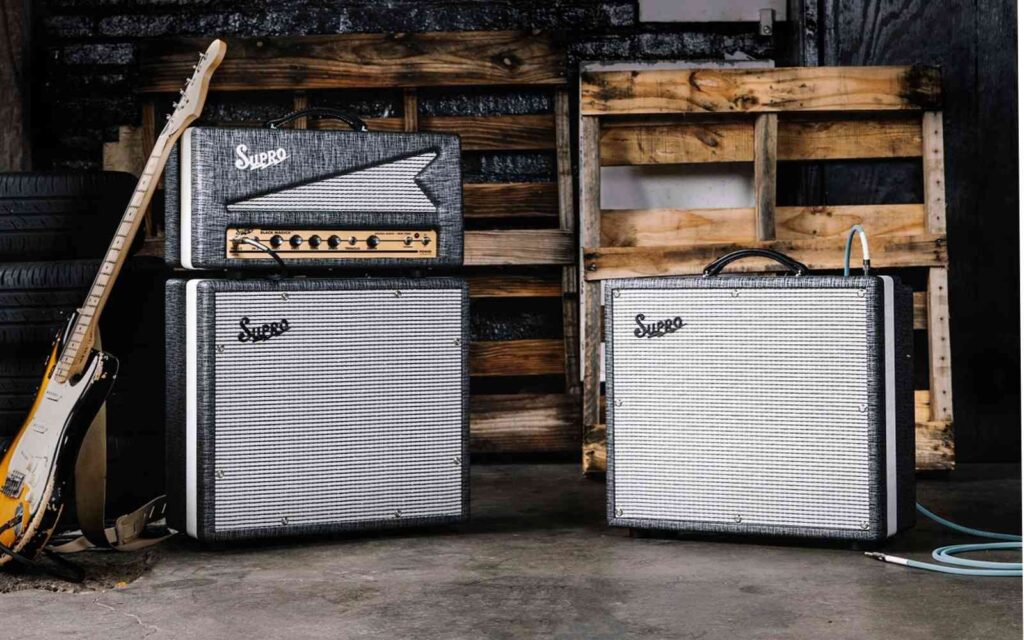How did you come to be involved with music, and how long have you been working in the industry?
I was born into a show business family and grew up surrounded by music, it’s “in the blood” if you like. Both my parents were musicians, so I started playing the piano at age 6 but got bored with that quite quickly and moved onto other instruments including the drums. Later I was the projectionist of sound at both prep school and high school where I was in charge of all tape machines, school plays and sound effects. So it all started at a really early age and hasn’t stopped since. Being born in the 50s and being in the UK, it was the musical explosion, and then we ended up showing the Americans how to do it. Listening to pirate radio and the like.
I started working in the music industry in 1969 when I left school and worked at EMI as quality control for the production of cassettes and 8 track cartridges. This was an amazing musical and sonic education; from Beethoven to The Beatles, I had to listen to everything from drop-outs to general quality. I stayed at EMI for 3 years until my first break when I applied for an apprentice tape-op position at the famous London Studio, Chappell Studios. Positioning microphones during the day for Orchestra’s with a 45-piece string section and then recording The Jam’s new single in the evening – very diverse but what an experience. So to answer your question, 46 years.
Tell us about some of the greatest projects you’ve worked on and why you loved them?
The Rutles and Monty Python’s Life of Brian were my first big breaks where I worked with talented funny lunatics and some of the best musicians in the UK at the time. I was 22 and The Rutles album went top 5 on the charts and was nominated for a Grammy. ‘Always Look on the Bright Side’ from the Life of Brian has sold 60 million units and is apparently the most played song at funerals. Toyah Wilcox was a major breakthrough artist in the 70s in the UK and I was lucky enough to do her first 3 Albums. This was also a major time for punk rock and music generally in the UK. In those days I worked with many great bands including The Jam, The Saints and The Sex Pistols. I don’t remember too much about those days but apparently I was there! Finding The Screaming Jets at their managers engagement party was also quite an eye opener. Watching Michael Gudinski and Chris Murphy, at either sides of the gig we organised, haggling was great fun let alone the recording of the first album in a week!
What is it about this occupation that you enjoy so much? What motivates you to work in the music industry?
I have a profound love for music and a natural respect for the artists’ integrity. I love to inspire and help create and realise their dream. There is nothing more satisfying than to see an entire audience singing a song that you have recorded.
What can people expect to gain from coming to this Masterclass?
During my career I have recorded full orchestras, TV concerts, Film soundtracks, live concerts and all genres of music from pop, rock, jazz, country and classical. I aim to show and discuss those analogue techniques that I learned and have developed over the years that have won me a Grammy Nomination and ARIA Producer and Engineer of the year. It’s not just about recording acoustic and electric instruments and choosing the right microphones for the right instrument and understanding acoustic space. It’s also important to understand the vision of the music that you have to record and have the insight to understanding the process of bringing the best out of the artist and musicians. In the Masterclass we’ll be taking a great group of musicians through the entire art of achieving a great record. From recording to mastering, and discussing each process along the way.
What are the main issues facing budding producers today?
Finding good material is always the first issue when it comes to the production process because “it’s all about the song”. It is not always as easy as it seems, therefore pre-production before even thinking about entering a studio is incredibly important so not to waste expensive studio time. Being allowed the time to do this is not always possible and can have a negative impact on the recording result.
Are there any main errors you find being made consistently by young producers?
In many respects it is actually easier for young producers these days, but only up to a point. I’m finding many of the new productions are lacking the clarity and quality required to attract media attention and recognition. The landscape of music also changes daily, therefore a sound knowledge of production and recording techniques, and a respectful understanding of artist communication will always be the key to longevity in this business. Credibility and knowing ones job is key.
Steve James will be hosting a Masterclass at Sydney’s A Sharp Studios from January 22 to January 24, 2016. To enquire about the masterclass contact A Sharp Studios at [email protected], or head to www.asharp.com.au.

